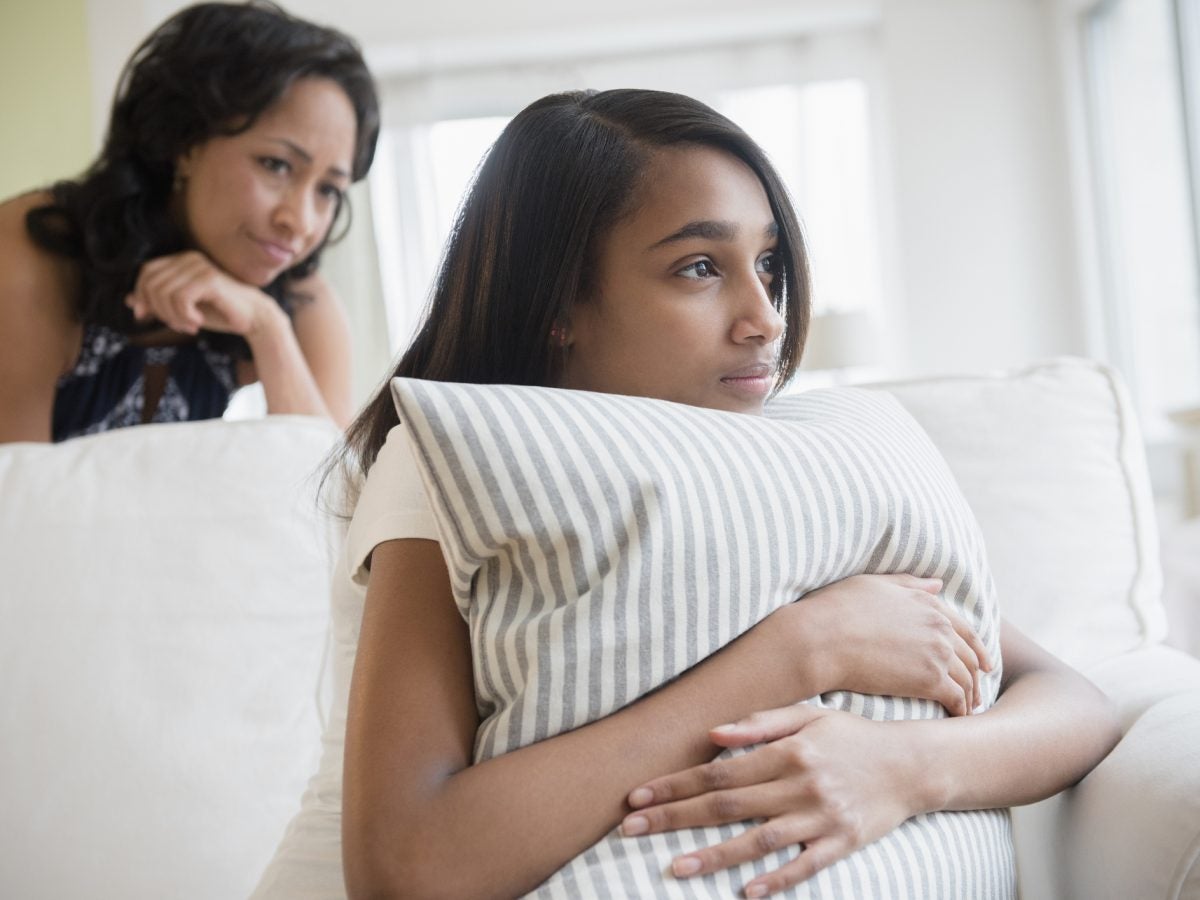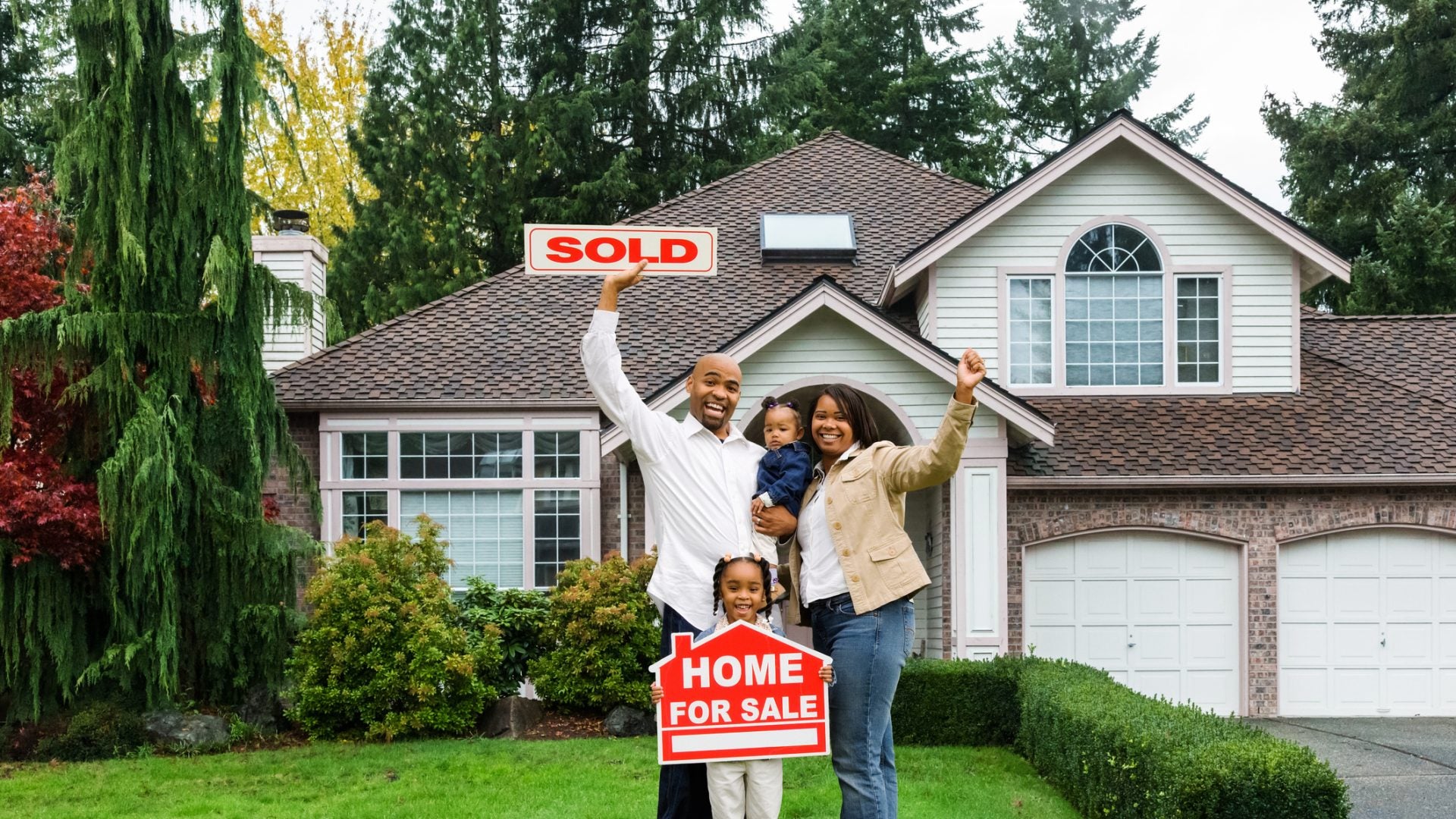
Research has found that one in five adolescents (between ages 12-18) will suffer from at least one diagnosable mental health disorder. In addition to that, suicide is the second leading cause of death among people ages 10-14, and the third leading cause of death among those ages 15-24 in the United States. The CDC reports that “Black youths are at a higher risk for depression, anxiety, and other mental health struggles than their non-Black peers.” The report also indicates that “suicide is increasing at a faster rate for Black youths than it is for any other racial or ethnic group (36.6%).” These are very sobering statistics and a clear sign that our youth are in crisis. The reality is that many parents will face a child suffering from a mental health disorder.
While some parents take general first aid training as part of their parenting journey, most struggle or feel ill-equipped to provide support to their children when they are experiencing mental health challenges. This is where Mental Health First Aid (MHFA) and becoming a Mental Health First Aider is so critical.
The National Council for Mental Wellbeing defines Mental Health First Aid as “a course that teaches you how to identify, understand and respond to signs of mental illnesses and substance use disorders. The training gives you the skills you need to reach out and provide initial help and support to someone who may be developing a mental health or substance use problem or experiencing a crisis.” Established in 2001 in Australia, MHFA made the leap to the United States where it was adopted and adapted for the U.S. audience. Mental Health First Aid USA has trained over three million people including former First Lady Michelle Obama. MHFA USA has a dedicated base of more than 15,000 instructors and provides an action plan that teaches people who receive training to identify and address potential mental illness or substance use disorders safely and responsibly.
Becoming a Mental Health First Aider means you can recognize the signs, symptoms, and behaviors associated with mental health and/or substance use challenges, that you are capable of creating a safe space conducive to open communication, and you are aware of the resources that exist to provide professional support to children and adolescents in need. Parents are often the first to be aware that their child or child’s friends are struggling and becoming a Mental Health First Aider is an excellent resource to better equip them, as well as extended family and community members with the skills and experience needed to support the young people in their lives.
“I received the (MHFA) training in 2019 when I worked for a municipal agency that supported my local school district, so most of my clients were between the ages of 6-18. During this time, I quickly realized that children who are struggling with mental health disorders cannot be supported effectively in isolation. I was lucky to have firsthand proof that not much changes if their families do not have the skills needed to support their children,” says Nnenna Uneke, LMHC and EMDR therapist and life coach. Uneke encourages parents to consider becoming Mental Health First Aiders, adding that “even as a mental health professional, I credit MHFA training for equipping me with the non-diagnostic language needed to be a resource to families of adolescents I support. The knowledge I gained was immensely useful as the demand for mental health care soared during and after the pandemic and has continued to be a great resource.”
Mental Health First Aiders are not meant to diagnose disorders or prescribe a course of treatment but rather, to be able to identify when someone is in crisis and to connect them with appropriate professional services. “I benefitted more from the training as a parent of an adolescent myself,” Uneke shares. “As a trauma-informed therapist, I encourage every parent or caregiver of adolescents to take the training because it helps them recognize the early signs of mental illness and offers the tools to have difficult conversations about mental health, especially suicide, substance abuse, domestic abuse, etc. and provides the resources needed to help. I think the best by-product of the MHFA training is the de-stigmatization of mental health disorders and care.”
To learn more about Mental Health First Aid and how to become a Mental Health First Aider, visit: https://www.mentalhealthfirstaid.org/take-a-course/.




